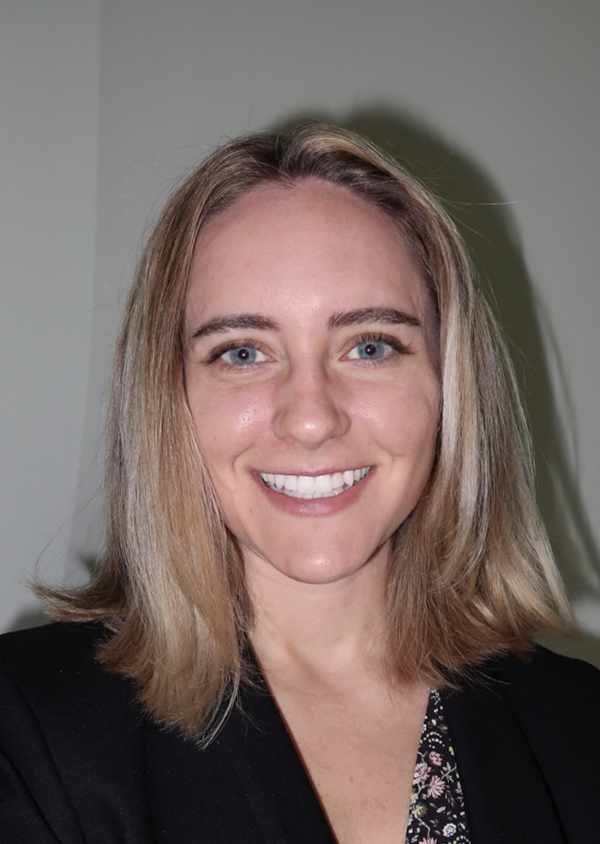LGS Student Spotlight | Caroline Barry
By Kia Lisby

Fourth-year Laney Graduate School PhD candidate Caroline Barry is following her passion for promoting mental health through systemic change in underserved communities. Starting her Emory journey in 2018, Barry earned her Master’s in Public Health in Behavioral, Social, and Health Education Sciences (BSHES) in 2020 before pursuing her PhD in the same field. Barry will serve as the 2023-2024 Laney Graduate Student Council (LGSC) president this year.
“I have loved my time here and the faculty. I think the people at Emory, across the board strike a really great balance between being collaborative and supportive of each other while also pursuing ambitious goals,” says Barry, who is working toward graduating in 2025.
Barry is on a NIDA T32 Training in Advanced Data Analytics (TADA) fellowship to reduce substance-related harms, mostly among young people, with a current focus on adolescents and emerging adults. This aligns with her research interests in mental health promotion and substance misuse prevention.
As a Rollins School of Public Health student, Barry is working with dissertation chair Kelli Komro on a research prevention trial focusing on the Cherokee Nation Reservation in rural northeastern Oklahoma. They partnered with a team of interventionists and evaluators to implement strategies that support youth attending high schools.
“Community members in parts of Cherokee Nation are facing significant barriers to care, like transportation and long wait lists, in addition to the historical traumas faced by American Indian people. Barriers prevent many rural community members from accessing providers local to the area. Also, there are not a ton of options for extracurricular activities in rural communities, so a lot of young people cope with mental health problems in unhealthy ways,” Barry says.
Barry is interested in social and community-level barriers to care, particularly regarding mental health. During her master’s program, she worked with the Center for Disease Control (CDC), where she focused on interventions for families, particularly those living in poverty, and healthy child development.
Barry believes that in order to begin repairing and moving forward in a healthier society, we have to “acknowledge systemic disparities, inequities, injustices, and address them to do right by your fellow human.”
She hopes to carry this ideology as a guiding viewpoint as LGSC president. Her goals include fostering community, advocating for students, and maintaining strong relationships with the administration.
“There are so many incredible folks on Emory's campus who represent underrepresented groups. Their voices not only need to be heard but acknowledged, celebrated, brought to the forefront, and actively involved for change here,” she says.
Barry encourages future LGS students who are motivated by social good; interested in applying quantitative and qualitative methods; and enjoy researching questions about health and well-being, and the social or ecological structures that impact those, to join the department.
Upon graduating, Barry will look for a post-doctorate position where she can learn more advanced methods to answer questions about mental health-related outcomes or substance misuse-related outcomes, particularly among youth.